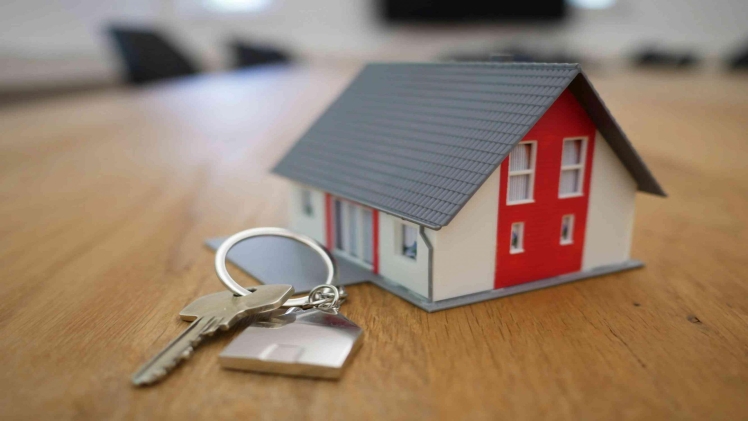Purchasing a home is one of the most significant financial decisions you will ever make. It is essential to understand how a number of different factors can affect your ability to buy.
Buying a home is much more than finding the perfect house you can afford. There are a number of other considerations that can help you decide whether this is the right move for you.
Location
One of the biggest things you can change about your home is its location. Unlike your house, the land it is built upon can only increase in value.
If you are close to public transportation, shopping, restaurants, or other amenities, this can help boost your property’s value. You may also want to consider how the neighborhood looks, such as whether it has a lot of traffic or is visually appealing.
You can’t control your neighbors, but you can choose a neighborhood with a low crime rate, friendly people, and good schools. It’s important to research a neighborhood before you buy so you can make an informed decision about its quality of life and future growth.
Amenities
Whether it’s an in-unit washer and dryer or a swimming pool, amenities are a great way to attract buyers. They can be divided into two categories: public and property specific.
Public amenities are those that are available to everyone in an area. This includes parks, schools, and post offices. Property-specific amenities are those that are unique to one piece of real estate, such as a pool or fitness center.
Keep in mind, however, that a home’s amenities can increase its price tag if they are upgraded. For this reason, it’s important to know what features are standard versus upgrades.
Size
Buying a home is likely the biggest purchase you will make in your lifetime. It’s important that the property you choose matches your needs and wants as closely as possible.
For instance, the size of your family should play a major role in determining how much square footage you need. Having too little space can limit your flexibility, while having too much square footage will result in higher energy bills and property taxes.
You also need to determine how many bedrooms and bathrooms you need, as well
as the floor plan. This will allow you to narrow down your choices and save time as you shop.
Financing
Purchasing a home is one of the most significant financial decisions you’ll make. It’s important to understand the process and what it entails before making a commitment.
Closing costs include lender fees, appraisal and credit report charges, loan origination and underwriting fees, attorney’s fees, title search and insurance, and transfer taxes. Generally, buyers are advised to set aside four to five percent of the purchase price for closing expenses. Knowing the difference between home warranty and home insurance will provide you with knowledge on your coverages and how much to budget.
Job security is another crucial consideration. It’s never a good idea to become a homeowner if you’re not certain of your employment status.
School District
School district is an important factor in buying a home, especially if you have kids. It can also impact your resale value.
In the United States, a school district is a geographic entity with a single purpose of operating public schools. Most districts are independent local governmental units with authority granted by state statute to operate their schools and fashion educational policies.
Most school districts are governed by a board of education, board of trustees, or governing body that appoints district superintendents and other executive officials to manage the day-to-day operation of their schools. School boards have the power to levy local taxes for school purposes.
Property Taxes
Property taxes are a significant expense that you’ll be paying as a homeowner. Understanding how they work is important for your overall financial picture.
A home’s property tax is based on its assessed value. That’s determined by an assessor from your city or town based on market values, comparable properties and square footage.
Your mortgage lender will include a portion of your annual property tax bill in your monthly mortgage payment. You’ll want to make sure you can afford this ongoing expense before making a purchase. Having a financial advisor can help you evaluate your situation and determine whether homeownership is right for you.
Community
While many people focus on the house itself when buying a new home, it’s important to consider the community as well. A quality neighborhood can make all the difference in your happiness and satisfaction with your new home over the long term.
Good neighbors can transform a house into a true home, providing support and friendship. They can also help shape your living experience by enhancing safety, security, and social connections.
A great school district is another vital factor to consider when buying a home, even for buyers without children. Schools draw families and increase demand for homes in a neighborhood, boosting property values.

